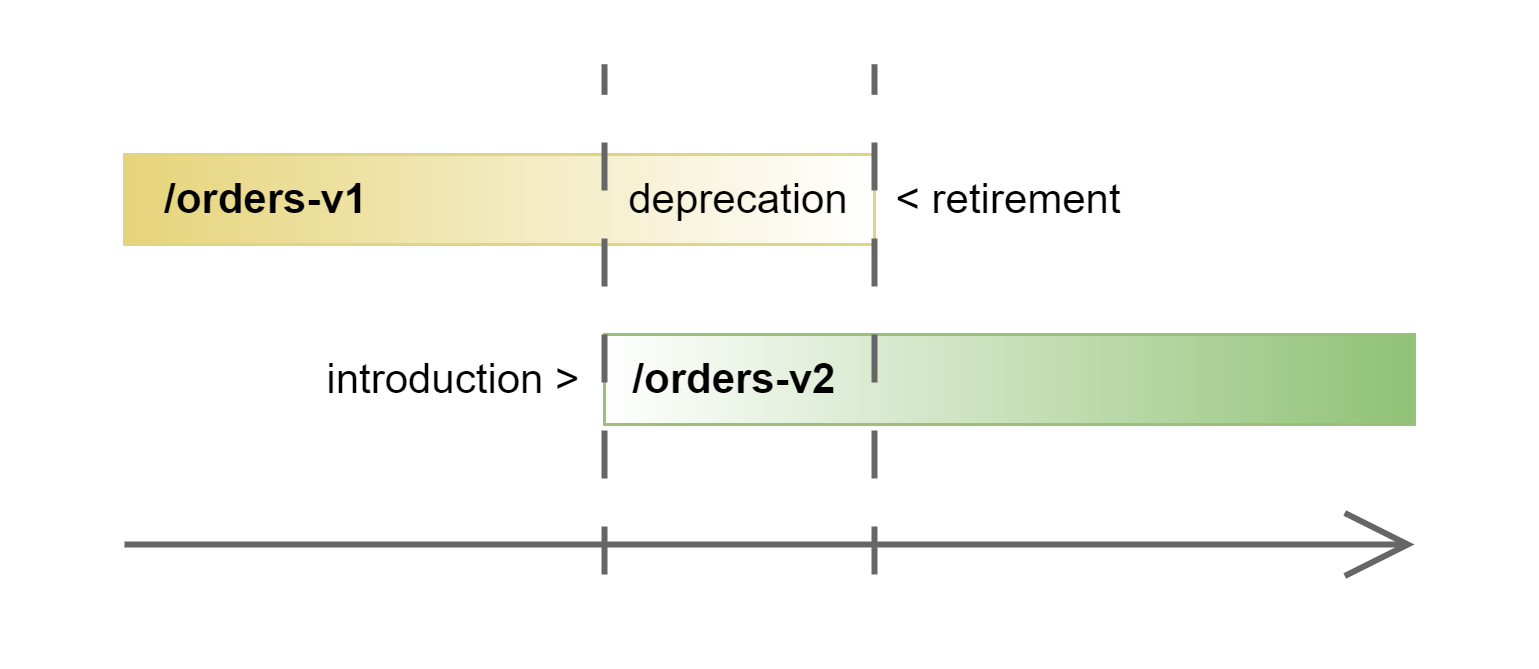-

Adam Walczak's Blog
I am a software architect and CTO of kicket.com / biletomat.pl - second biggest ticketing platform in Poland. Previously, I worked in companies such as: Allegro, Qcadoo, and PSI. I specialize in designing scalable systems requiring high transactional consistency. I'm also interested in open source and IT solutions for the manufacturing industry. On my blog, I publish analyses and research results related to my work.
-

Consulting and Training
If you are looking for support for your project in topics that I discuss on my blog, I am available for online consulting. I also organize training courses for companies. Check my calendar and training courses catalog.
Last blog posts

Dec 29, 2024, 7:35 PM
On-call duty in the IT industry is an integral part of the work for many specialists. It requires the on-call person to have their laptop and phone at hand after hours on a given day - even on weekends or holidays. Most companies offer their employees additional compensation for on-call duty, but what is the amount? We conducted a survey among IT specialists, including programmers, administrators, and DevOps specialists. In this article, we present the results for these three groups and identify the most common practices related to on-call duty.

Oct 5, 2024, 2:23 PM
Versioning is crucial for maintaining a stable and evolving REST API. As your API matures, changes become inevitable, whether due to bug fixes, new features, or performance enhancements. Proper versioning allows you to introduce these changes without breaking existing client integrations. This article explores several common REST API versioning strategies, discussing their pros and cons.

Feb 4, 2024, 5:00 PM
Open projects are a phenomenon that entered the arena of computer history at the turn of the 1980s and 1990s, in the form of the free software movement. At that time, business players in the IT industry saw them as a whim of a few members of the academic community, which had no place in commercial conditions. The vision of open projects, within which software could be used and copied for free, and users would be treated as collaborators, seemed to have no chance of developing and improving valuable computer products.


